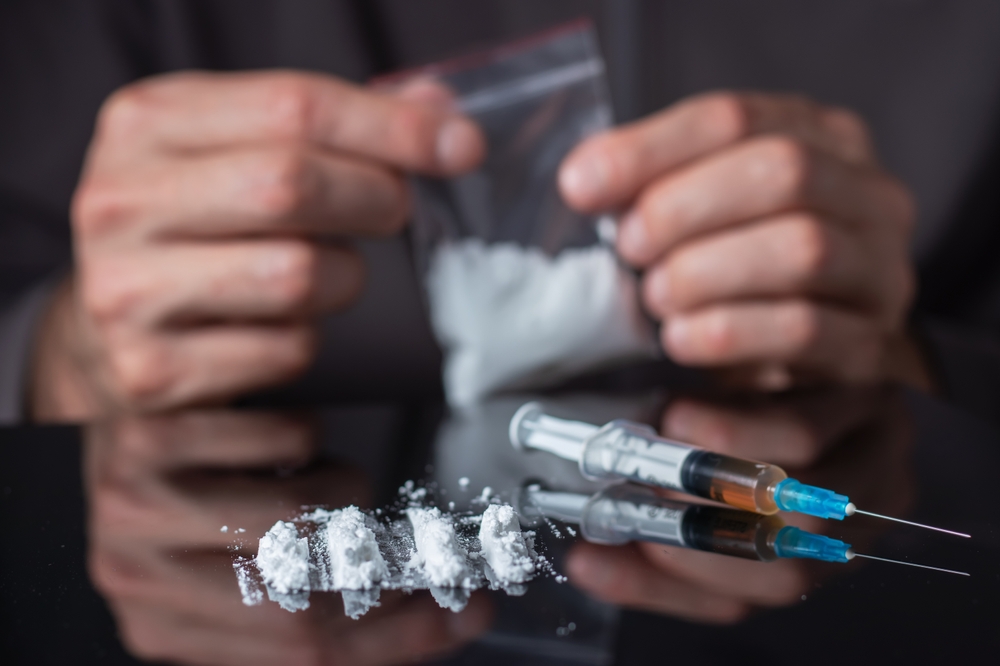Teen mental health and substance use are pressing concerns that often intersect, influencing each other in complex ways. Mental health disorders can contribute to substance use, and vice versa, creating a cycle that can be challenging to break. Understanding the connection between these issues is crucial for developing effective prevention strategies and providing appropriate support to teenagers. This article explores the link between teen mental health and substance use prevention, highlighting the importance of addressing both issues simultaneously.
Connection Between Mental Health and Substance Use
- Self-Medication: Teens with untreated mental health disorders may turn to substances to cope with symptoms such as anxiety, depression, or trauma. This can provide temporary relief but often leads to long-term dependency and worsening mental health.
- Bi-Directional Relationship: Substance use can exacerbate mental health issues, leading to a vicious cycle of dependency and worsening mental health. For example, alcohol and drugs can alter brain chemistry, making individuals more susceptible to mental health disorders.
- Risk Factors: Factors such as genetics, environment, and peer influence can contribute to both mental health disorders and substance use. Teens with a family history of substance use or mental health disorders may be at higher risk.
Prevention Strategies
Effective prevention strategies should address both mental health and substance use.
- Early Intervention: Identifying mental health issues early and providing appropriate interventions can reduce the risk of substance use. This can include therapy, medication, or lifestyle changes.
- Education and Awareness: Educating teens about the link between mental health and substance use can help them make informed decisions and seek help when needed. School programs and community initiatives can play a crucial role in raising awareness.
- Mental Health Screening: Regular mental health screening in schools and healthcare settings can help identify at-risk teens and provide them with the support they need. Screening can help identify underlying mental health issues and prevent them from escalating.
- Positive Coping Mechanisms: Teaching teens healthy coping mechanisms for dealing with stress and emotions can reduce the likelihood of turning to substances. This can include exercise, mindfulness, hobbies, or talking to a trusted adult.
- Parental Involvement: Parents can play a crucial role in preventing substance use by fostering open communication, setting clear expectations, and being role models for healthy behavior. Parents can also seek help from professionals if they suspect their teen is struggling.
Prevention strategies that target both mental health and substance use are key to breaking the cycle.
Supporting Teens with Co-Occurring Disorders
- Integrated Treatment: Providing integrated treatment for teens with co-occurring mental health and substance use disorders can improve outcomes. This can include therapy that addresses both issues simultaneously.
- Peer Support: Peer support groups can provide a sense of community and understanding for teens struggling with both issues. This can help reduce feelings of isolation and provide a safe space for teens to share their experiences.
- Family Therapy: Involving the family in therapy can help address underlying issues and improve family dynamics, which can be beneficial for both mental health and substance use. Family therapy can help improve communication and support networks.
Key Takeaways:
- The connection between mental health and substance use is complex, with factors such as self-medication and bi-directional relationships playing a role.
- Prevention strategies should focus on early intervention, education, mental health screening, positive coping mechanisms, and parental involvement.
- Supporting teens with co-occurring disorders requires integrated treatment, peer support, and family therapy.
- By addressing both mental health and substance use, we can help teens build resilience and lead healthy, substance-free lives.
Teen mental health and substance use are deeply interconnected, and addressing both issues is essential for preventing substance use and promoting overall well-being. By implementing prevention strategies that target both mental health and substance use, we can help teens build resilience, develop healthy coping mechanisms, and lead fulfilling lives free from substance abuse.
For Information and Support
Every family in need of mental health treatment must select a program that will best suit the needs of their family. When one member of a family struggles, it impacts everyone in the family unit. To maximize the benefits of treatment we work closely with the entire family to ensure that everyone is receiving the support they need through these difficult times.
Seeking help is never easy, but you are not alone! If you or someone you know needs mental health treatment, we strongly encourage you to reach out for help as quickly as possible. It is not uncommon for many mental health difficulties to impact a person’s life, long term. Pursuing support at the beginning of one’s journey can put the individual in the best position to learn how to manage themselves in a healthy way so they can go on to live happy and fulfilling lives.
OUR KNOWLEDGEABLE ADMISSIONS TEAM CAN BE REACHED 24/7 AT INFO@PACIFICRTC.COM OR CALL: 800-531-5769






